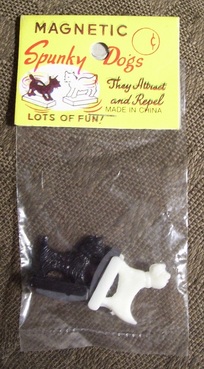CURIOS

Curio- (N) a small article valued as a collector's item, esp something fascinating or unusual [C19: shortened from curiosity ]
In the Hoodoo tradition, a curio is any small item valued for its reputed ability to attract or dispel certain influences. They can usually be divided into three types. They are:
Animal curios are those which were once part of a living animals body, such as a rabbit's foot, a black-cat bone, or a rattlesnake rattle. Vegetable curios refer to dried herb and roots such as High John Root or lavender. Mineral curios are naturally occurring inorganic substances which have a chemical composition and usually a crystal structure. Examples of mineral curios include pyrite, saltpeter, and sulfur.
Most of these associations were developed through application of the Doctrine of Signatures, a belief which holds that God marked everything in existence with a sign, or signature, which indicates its intended use. Furthermore, by careful observation of a thing one can determine the uses of a plant from an aspect of its form such as the shape of its roots or leaves, its color, place of growing, or even its name.
For example, Walnuts are believed to cure ailments of the head because they resemble a human head; buckeyes are carried for male potency, and to attract sexual partners as they resemble a young boy's testicles; in like fashion ammonia, which sounds like harmony, is often used to cleanse objects of negativity; and Thyme which sounds like time, is believed to draw in money as it has often been reported, "time IS money."
In the Hoodoo tradition, a curio is any small item valued for its reputed ability to attract or dispel certain influences. They can usually be divided into three types. They are:
Animal curios are those which were once part of a living animals body, such as a rabbit's foot, a black-cat bone, or a rattlesnake rattle. Vegetable curios refer to dried herb and roots such as High John Root or lavender. Mineral curios are naturally occurring inorganic substances which have a chemical composition and usually a crystal structure. Examples of mineral curios include pyrite, saltpeter, and sulfur.
Most of these associations were developed through application of the Doctrine of Signatures, a belief which holds that God marked everything in existence with a sign, or signature, which indicates its intended use. Furthermore, by careful observation of a thing one can determine the uses of a plant from an aspect of its form such as the shape of its roots or leaves, its color, place of growing, or even its name.
For example, Walnuts are believed to cure ailments of the head because they resemble a human head; buckeyes are carried for male potency, and to attract sexual partners as they resemble a young boy's testicles; in like fashion ammonia, which sounds like harmony, is often used to cleanse objects of negativity; and Thyme which sounds like time, is believed to draw in money as it has often been reported, "time IS money."